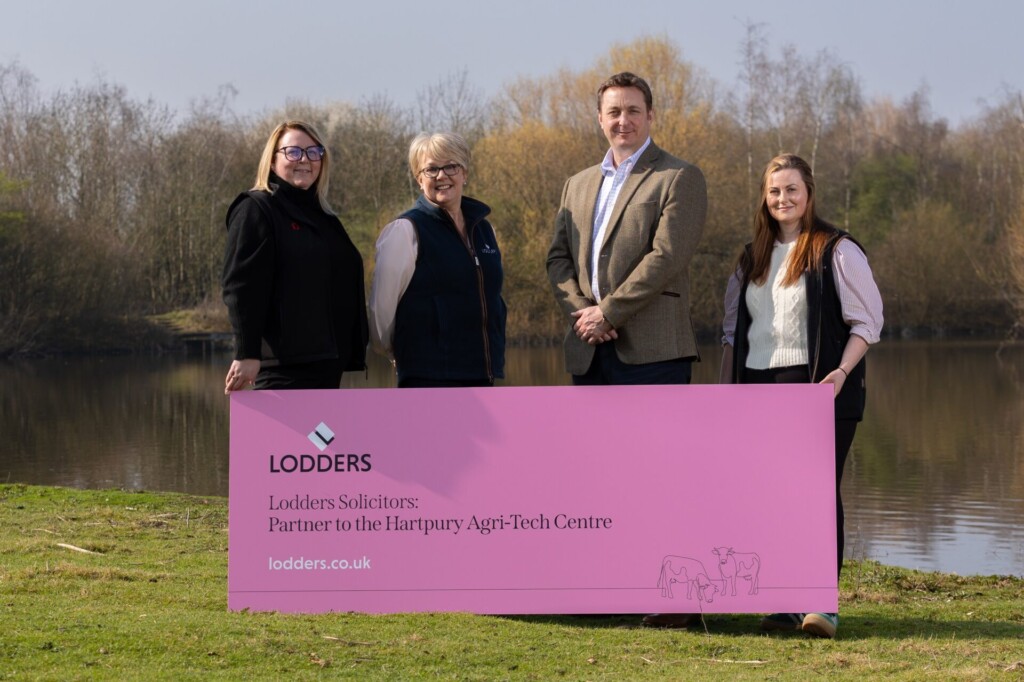When it comes to common land, there are established rules in place for its usage. But once something is identified as common land and added to the Register of Common Land, can this decision be challenged?
In this blog, Alastair Frew and Victoria Longmore, partners in Lodders’ Real Estate group, explain these terms and provide an important update.
What is common land?
The term common land refers to land over which other people possess common rights. Much common land is owned by local councils or the National Trust, but many private land owners also own common land.
Please do not confuse this with the right to roam.
Where land is identified as common land, there are certain restrictions in place. You cannot drive a motor vehicle across common land without being given express permission from the owner, unless this right is contained in your deeds or you have acquired a prescriptive right. Further, you cannot camp on such land unless the owner has consented to this – the newspapers have been full of the disputed right to camp on Dartmoor, which is a very special case.
These restrictions mean that it is very important to establish whether the land in question is common land.
What is the Register of Common Land?
The Register of Common Land is a record that is maintained by your local council. The Register includes a description of all common land in your local area, the rights associated with the land, and a reference to its owner (or the owner at the time it was first added to the Register).
Can the Register of Common Land ever be challenged?
The Register has generally been viewed as conclusive and cannot usually be challenged.
However, the recent case of Rushmer and others v Central Bedfordshire Council [2023] EWHC 1341 (Ch) concerned two couples who owned adjoining properties and felt the boundaries of the common land were unclear. They stated that the map that was supposed to determine the boundaries, as listed in the Register of Common Land, was a photocopy of the original map, and the original was clearer.
In the ruling, the High Court held that it was within its powers to declare which map was valid, as that would simply restore the true decision made by the Commons Registration Authority. The High Court determined that, in making a declaration, they were providing a statement in relation to the true contents of the Register of Common Land.
Importantly, the High Court also held that it had only limited powers to correct the Register under section 14 of the Commons Registration Act 1965 and section 19 of the Commons Act 2006. The Court did not have power to correct the original findings of the Commons Registration Authority. The adjudication in the Rushmer was simply to declare which plan was the one which had been presented to the Authority back in 1967.
What are the implications of this case?
This case is significant because it determines that although the court has very limited powers to challenge the Register of Common Land, it reaffirms that this power does exit. The Register is therefore open to challenge, even decades after the original registration.
This is a potential headache for anyone who owns land in the near vicinity of common land!
Each case regarding common land is unique and will involve complex details, so it is always recommended that you seek legal advice regarding such matters.
More information
Lodders has a specialist Planning team, which sits within our wider Real Estate group. We act for landowners, land promoters, and developers across all aspects of land acquisition and disposal. If you would like to find out more about how our Real Estate team can help with issues arising, please contact Alastair Frew or Victoria Longmore.
Contact usCONTACT US
Need more advice?
For help with a legal problem or more information on any of our services at Lodders, please get in touch with our friendly team. You can contact us via the number or email address below, or fill in the form and we will get back to you as quickly as we can.

Read more
Other news, insights and events







